
Mattis: threat of nuclear attack by North Korea ‘accelerating’
US Defence Secretary James Mattis said on Saturday that the threat of a nuclear missile attack by North Korea is accelerating.
In remarks in Seoul with South Korean Defence Minister Song Young-moo at his side, Mattis accused the North of illegal and unnecessary missile and nuclear programmes – and vowed to defeat any attack.
Mattis said the North engages in “over-the-top rhetoric” and behaviour and the US will never accept a nuclear North.
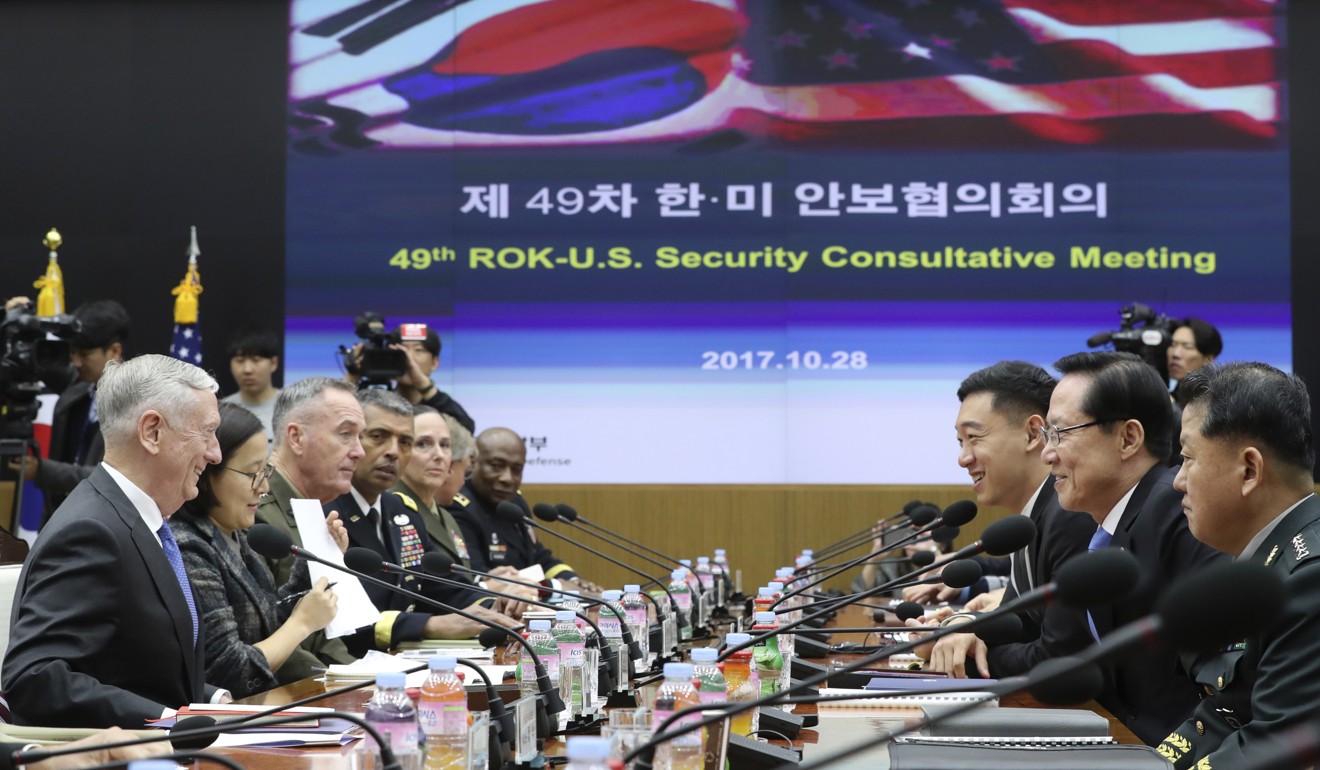
He said regardless of what the North might try, it is overmatched by the firepower and cohesiveness of the decades-old US-South Korean alliance.
“North Korea has accelerated the threat that it poses to its neighbours and the world through its illegal and unnecessary missile and nuclear weapons programmes,” he said, adding that US-South Korean military and diplomatic collaboration thus has taken on “a new urgency”.
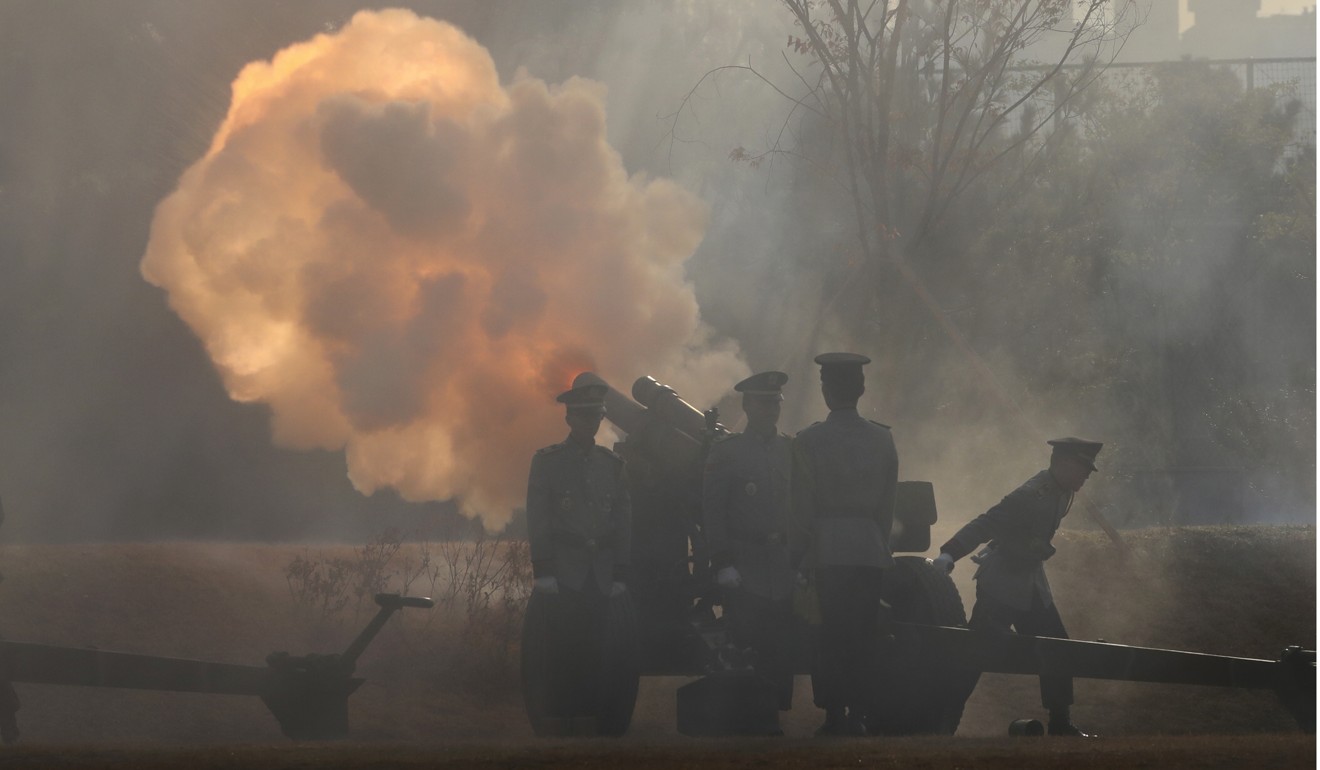
As he emphasised throughout his weeklong Asia trip, which included stops in Thailand and the Philippines, Mattis said diplomacy remains the preferred way to deal with the North.
“With that said,” he added, “make no mistake – any attack on the United States or our allies will be defeated, and any use of nuclear weapons by the North will be met with a massive military response that is effective and overwhelming.”
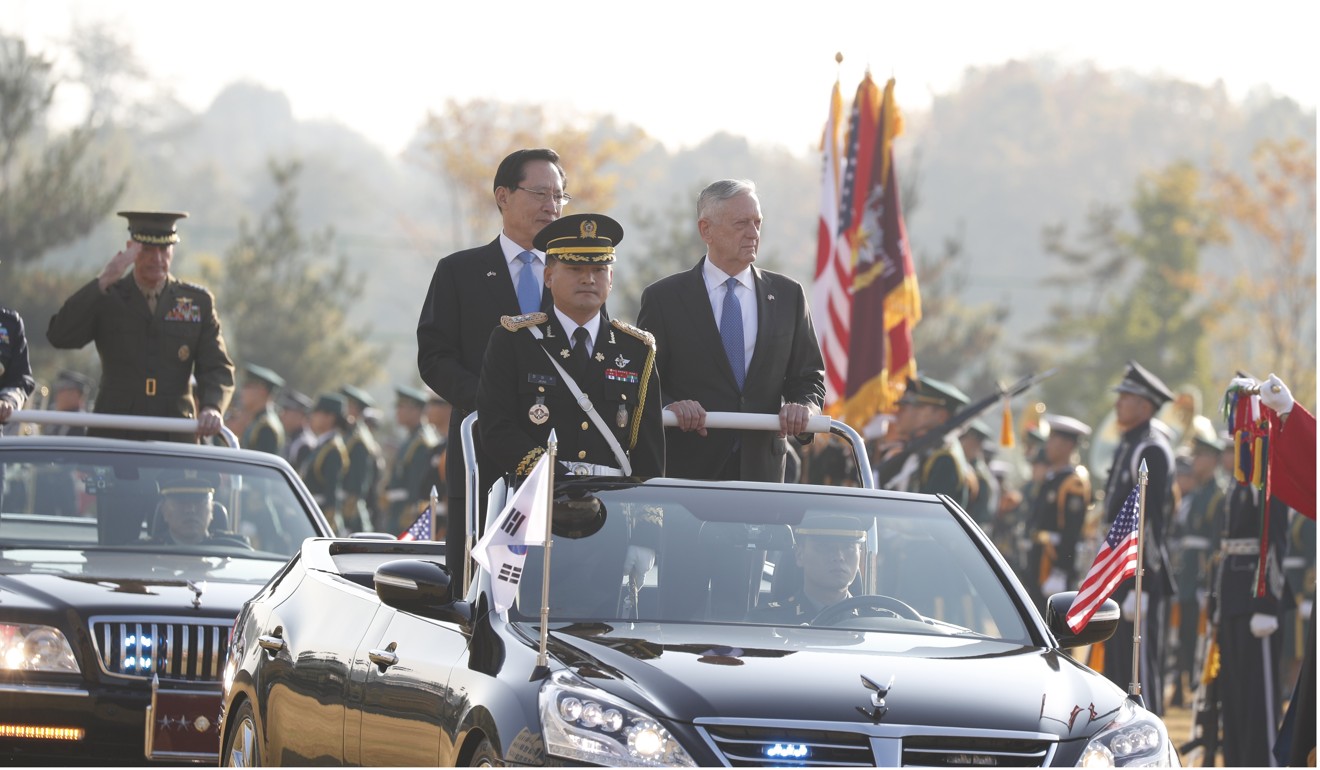
Mattis’s comments in Seoul did not go beyond his recent statements of concern about North Korea, although he appeared to inject a stronger note about the urgency of resolving the crisis.
While he accused the North of “outlaw” behaviour, he did not mention that President Donald Trump has ratcheted up his own rhetoric. In August, Trump warned the North not to make any more threats against the US and said if it did, it would be met with “fire and fury like the world has never seen”.
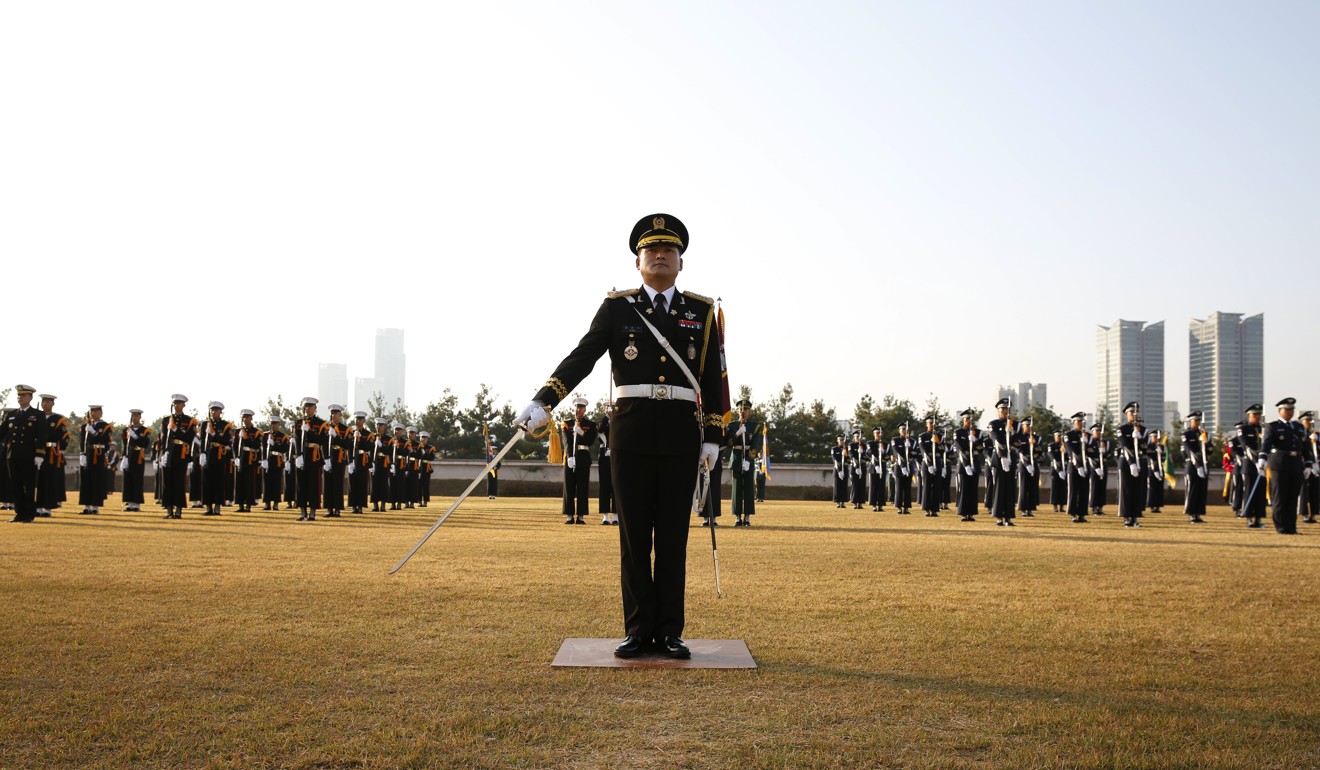
Song told the news conference that he and Mattis agreed that limits on South Korea’s conventional missile warhead payloads would be lifted.
Also discussed were the conditions under which South Korea would be given wartime operational control of its forces. Currently, if war with the North broke out, the South’s forces would operate under the US-led UN Command.
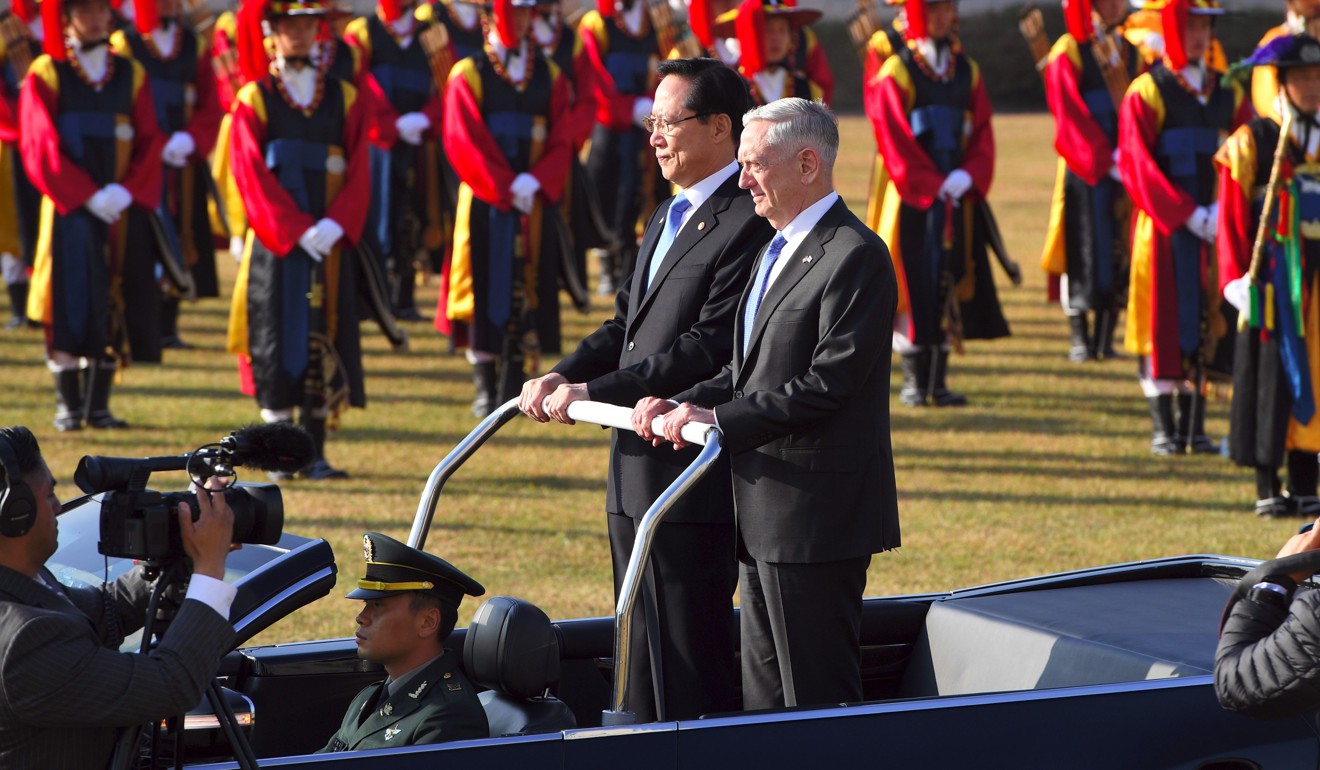
Trump entered office declaring his commitment to solving the North Korea problem, asserting that he would succeed where his predecessors had failed. His administration has sought to increase pressure on Pyongyang through UN Security Council sanctions and other diplomatic efforts, but the North hasn’t budged from its goal of building a full-fledged nuclear arsenal, including missiles capable of striking the US mainland.

If Trump sticks to his pledge to stop the North from being able to threaten the US with a nuclear attack, something will have to give – either a negotiated tempering of the North’s ambitions or a US acceptance of the North as a nuclear power.
The other alternative would be US military action to attempt to neutralise or eliminate the North’s nuclear assets – a move fraught with risk for South Korea, Japan and the United States.
At his Seoul news conference, Mattis said the North is, in effect, shooting itself in the foot.

“If it remains on its current path of ballistic missiles and atomic bombs, it will be counterproductive, in effect reducing its security,” he said.
The North says it needs nuclear weapons to counter what it sees as a US effort to strangle its economy and overthrow the Kim government.
This was Mattis’s second visit to South Korea since taking office in January. He made a point of going to Seoul and Tokyo on his first overseas trip in February, saying he wanted to emphasis the importance he places on strengthening alliances and partnerships.
On Friday he visited the Demilitarised Zone that forms an official buffer between the two Koreas. He appeared there with Song in what they called a show of solidarity.

